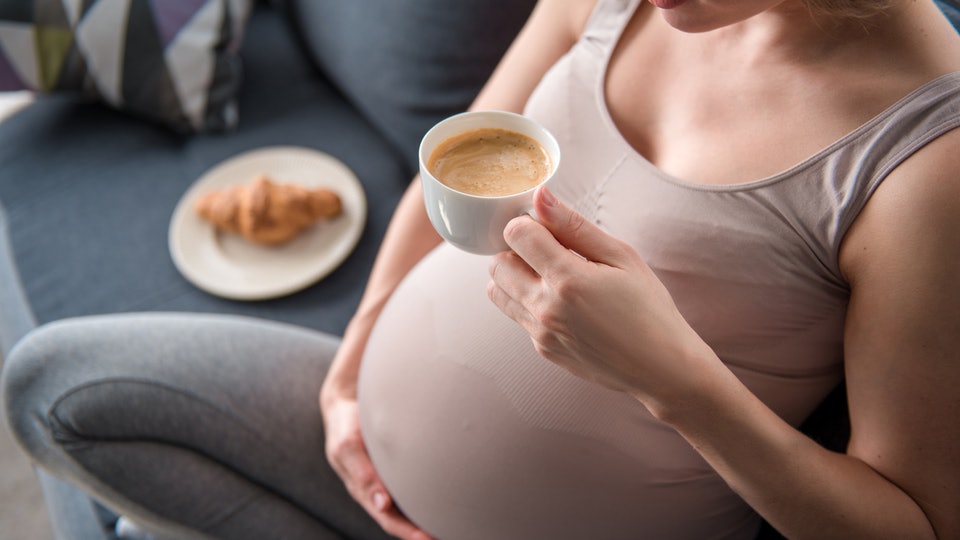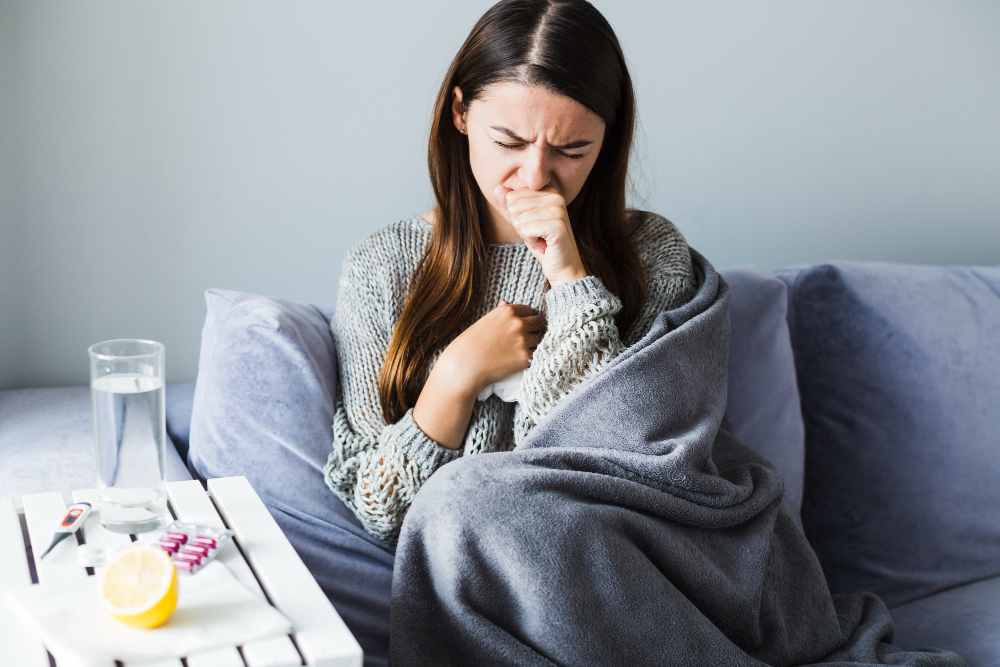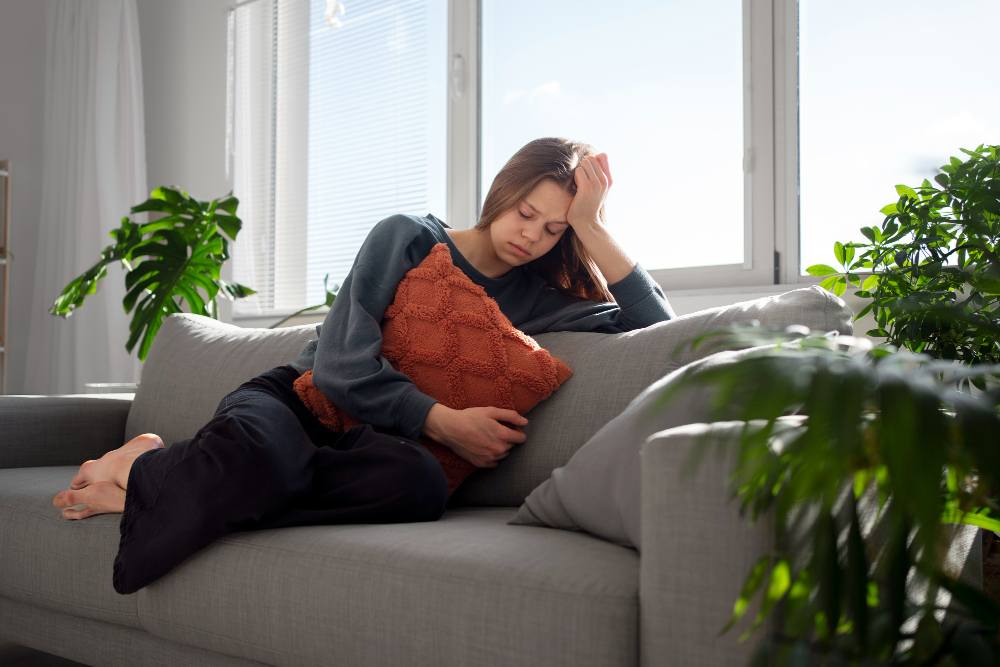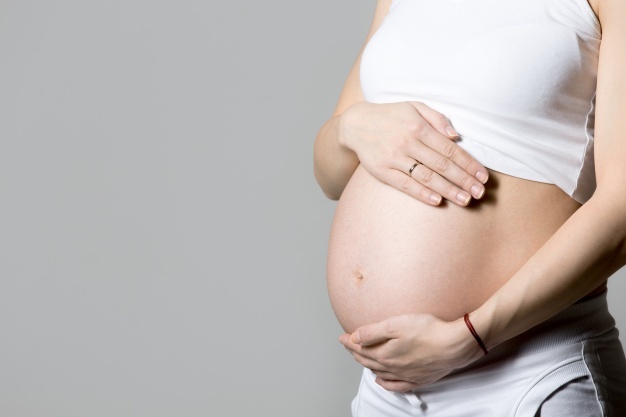Before you give up your warm cup of coffee, look through what the experts have to say about whether caffeine affects your fertility.
The decision to be pregnant is a life-changing one, and you will always try to get your body in the healthiest state possible. Now, like other activities of your daily life, which require changes so that you adapt to this new journey, you might think that your good steaming cup of coffee might not be good for your fertility and might affect it.
Let us clear some doubts regarding that.
- Well, it is quite true that excessive amounts of caffeine lead to lower blood flow through the placenta and lower birth weight; according to experts, there is no evidence that caffeine can in any way affect your chances of getting pregnant.
- Based on research and evidence available, doctors advise that if you have one to two cups of coffee a day, it is safe for any woman trying to conceive (200mg of caffeine). Tea, soda, and chocolate intake can also be as per limits set by a health practitioner (64 milligrams of caffeine per can and a sufficient amount of dark chocolate, which is about 200mg is a permissible limit if you are skipping on caffeine from other sources)
Studies have not found a directly proportional relationship between caffeine and lowered fertility. While the current studies do not clearly show a negative impact on fertility, studies have shown that excessive caffeine might cause early miscarriage.
But if you want to cut back on your caffeine, these are some of the following steps you can try:
- Rather than drastically reducing it in one go, reduce it daily in smaller amounts. You can start this well in advance when you are planning the pregnancy.
- Another way that can be used to reduce the caffeine is to make it a latte by cutting the coffee back to half a cup and fill it to the brim with hot skim milk.
So just go ahead and take a good sip of your morning cup of coffee. A cup won’t hurt your chances of getting pregnant.
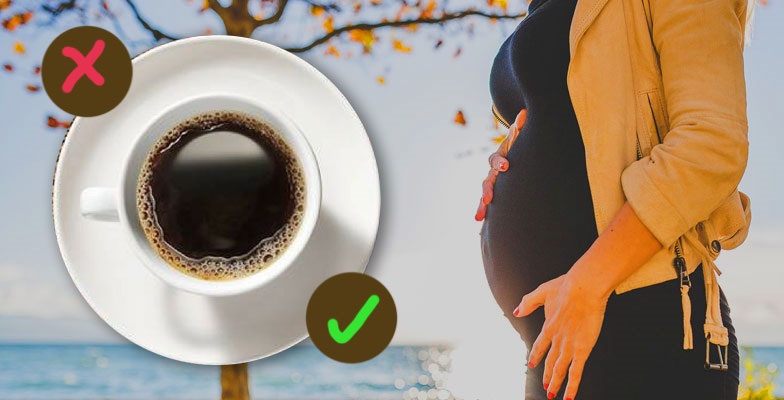
Related Articles:
![]()

